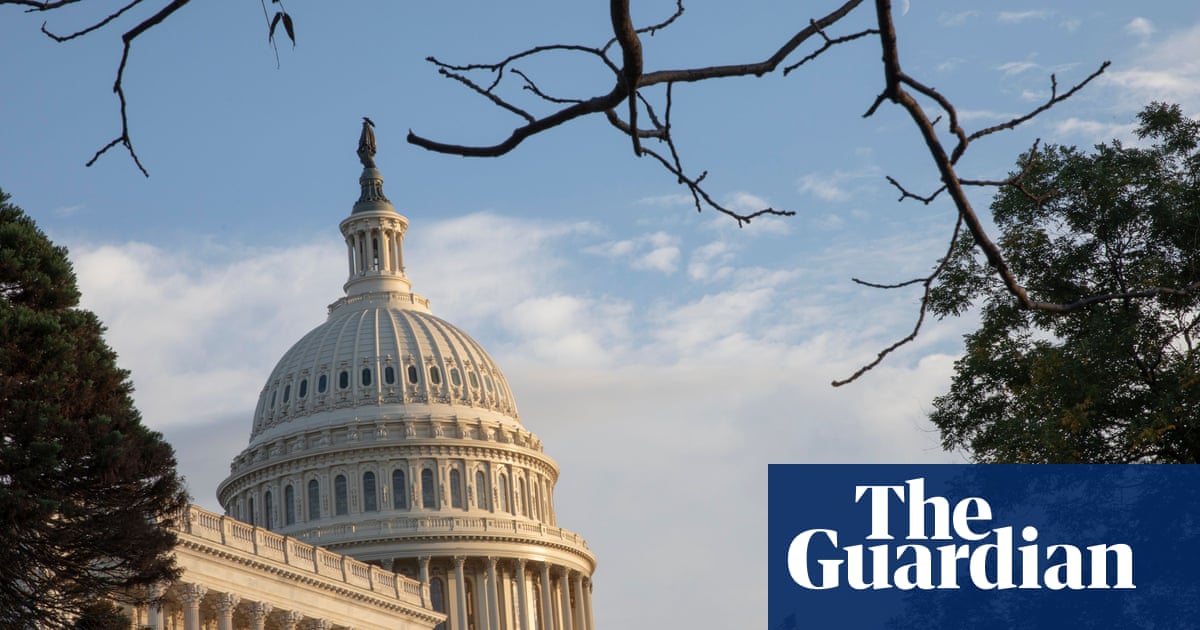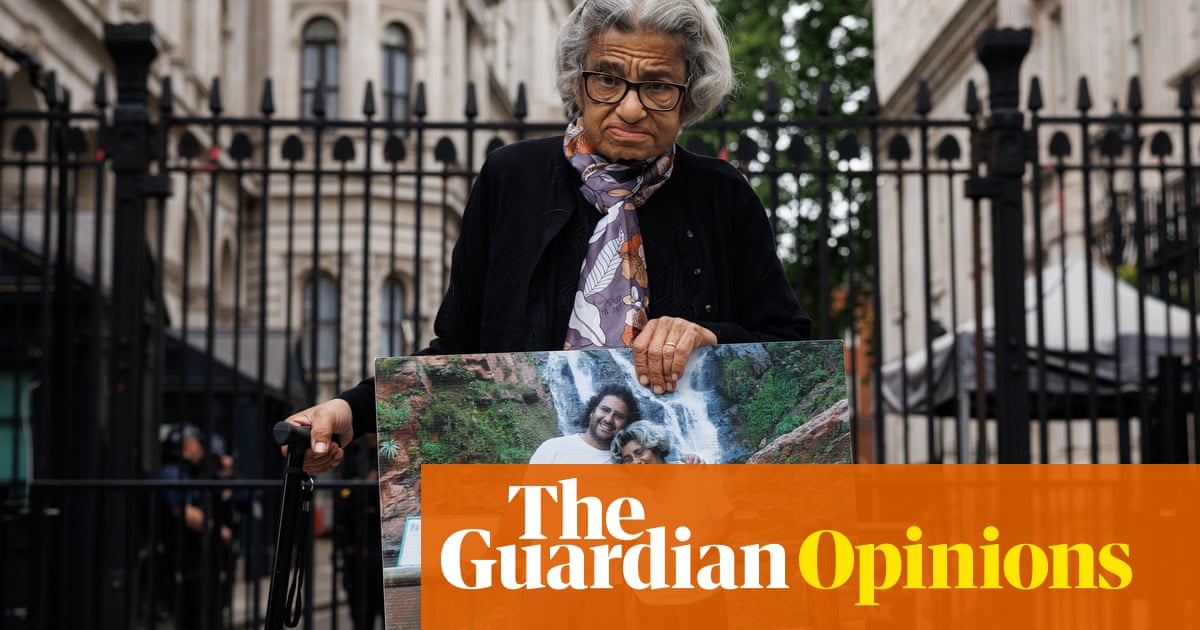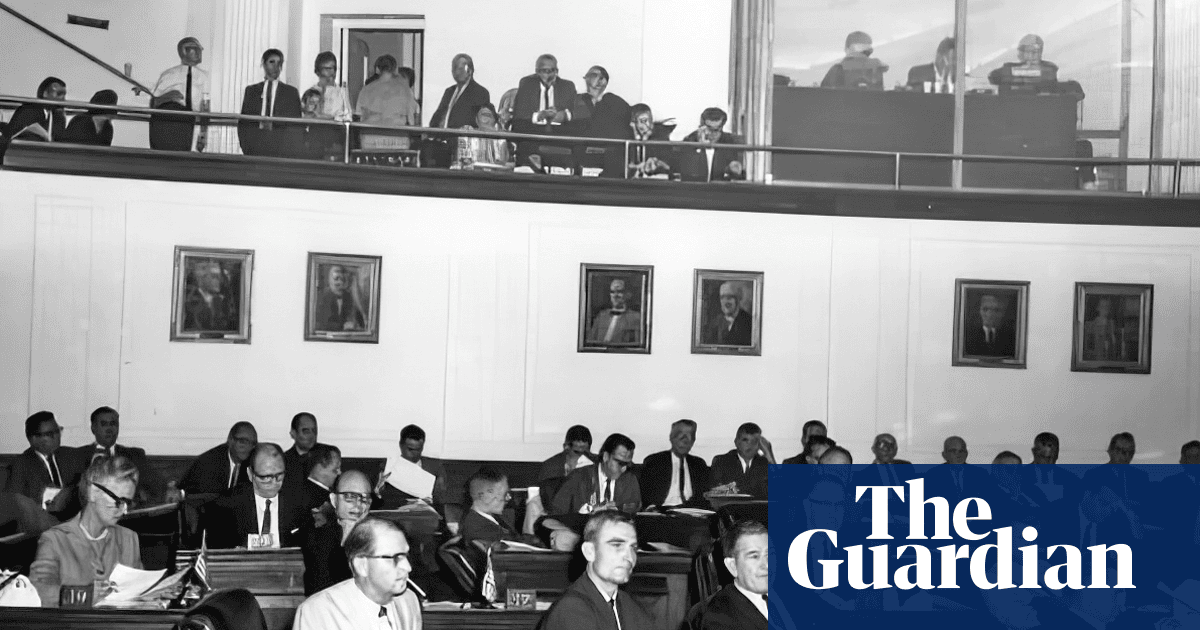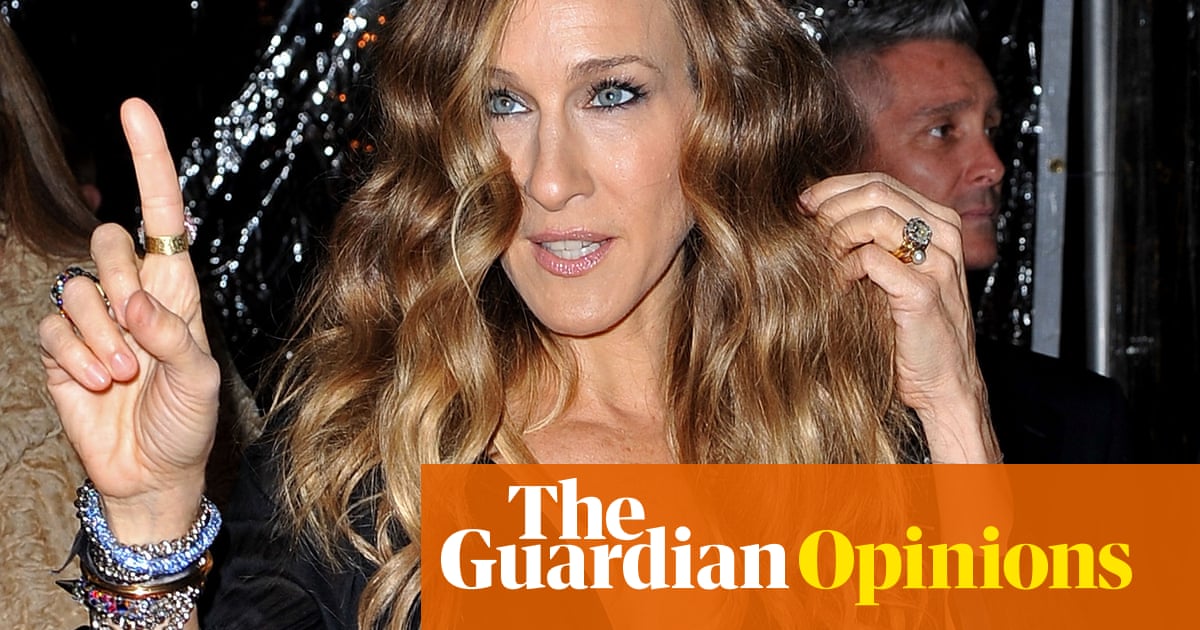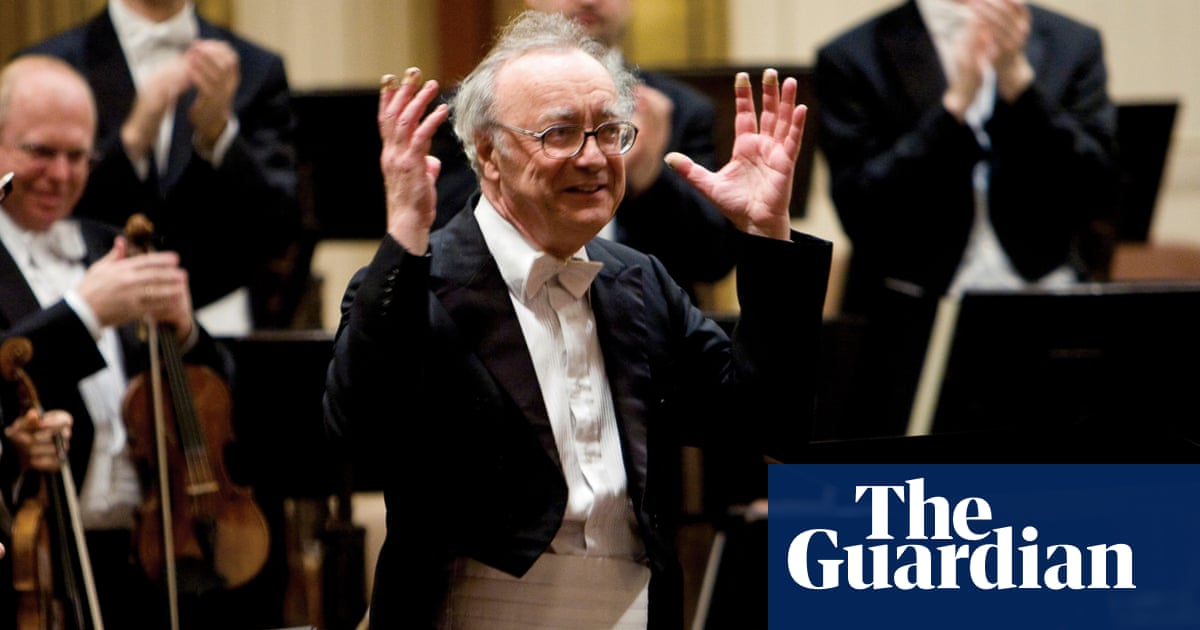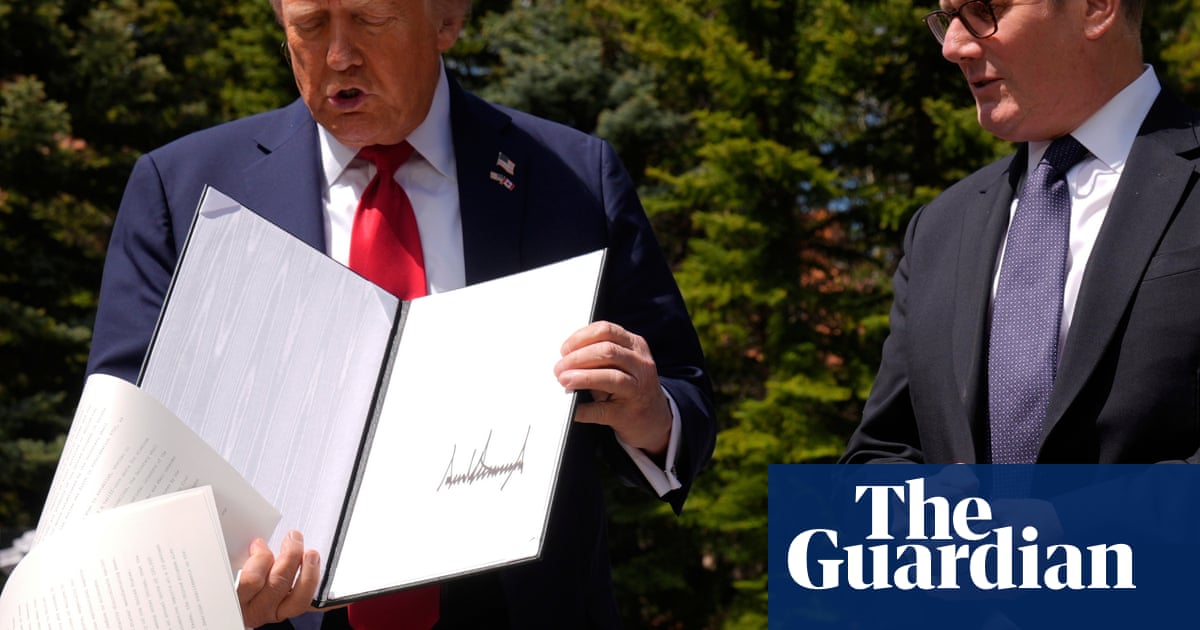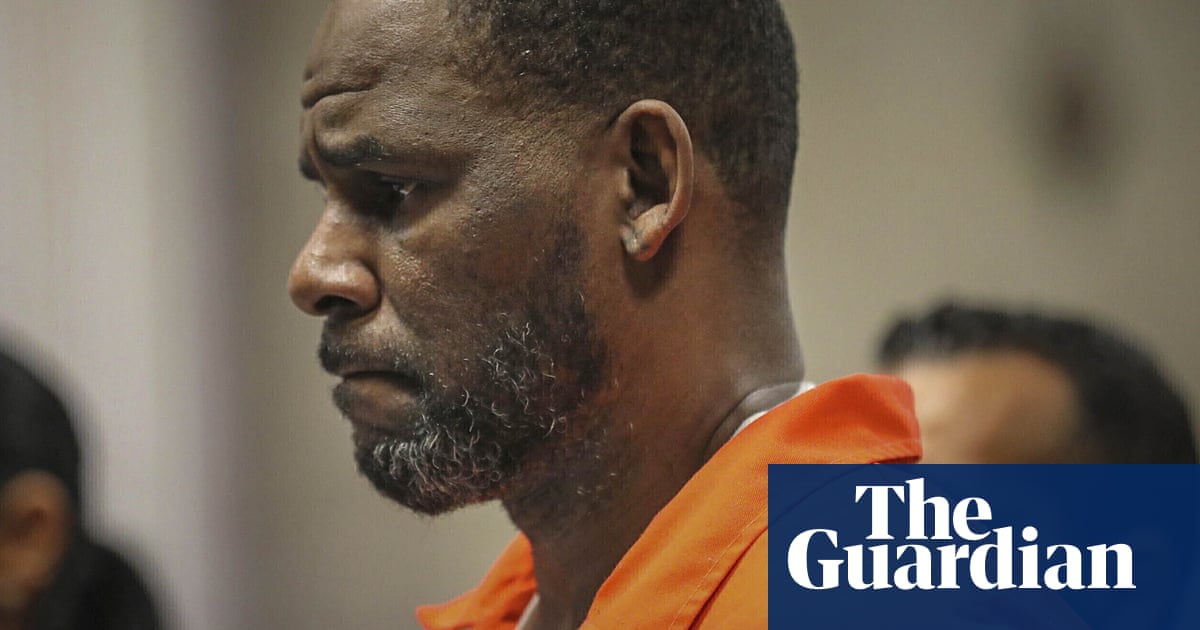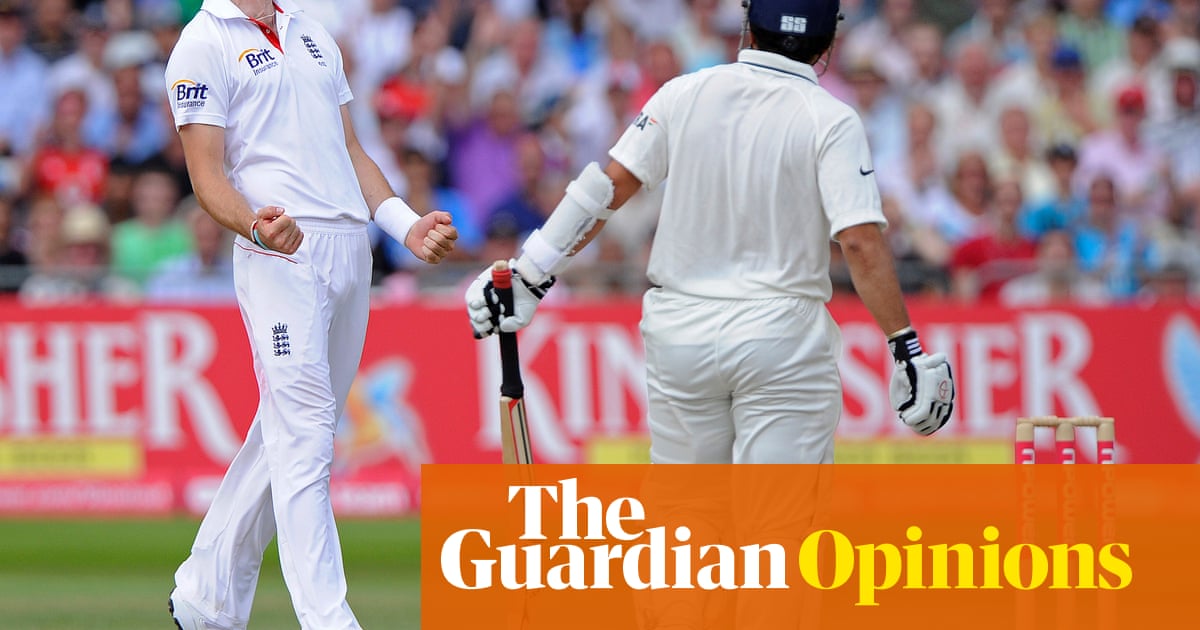For years, we’ve looked at democracies like the US, Germany and South Korea, disturbed by what a nation divided along gender and generation lines could look like. Australia, by comparison, seemed less polarised, but new research hints that something’s starting to shift – slowly, unevenly and with plenty of caveats – among young Australians too.
But let’s not jump the gun – because the story is more complicated than it first appears, and framing “young men” as a purely reactionary force isn’t going to get us anywhere helpful.
For starters, we don’t even agree on what “progressive” or “conservative” means. Some surveys measure ideology in vague terms, others zoom in on specific issues. And younger generations often defy neat ideological labels – they can be inclusive and tolerant in some areas, but more traditional in others.
Analysis of 2001–2023 Hilda survey data by the e61 Institute found that, in 2023, young gen Z men were more conservative on gender roles than millennial or gen X men. In fact, 15 to 24-year-old men were more conservative than every other male group, bar over-65s, and their more progressive female peers.
But the data also suggests that as people age, they often mellow out a bit – or in this case liberalise. A panel of 15 to 24-year-olds surveyed in earlier waves became more progressive as they moved into the 25 to 34 group – just as the last batch did. This pattern, if it holds, could mean today’s young men might follow a similar trajectory to the last batch.
Another important nuance missing in headlines is a small but notable conservative nudge among young women. In 2023, 15 to 24-year-old women were more likely to agree with traditional gender roles than both 25 to 34-year-olds and their own cohort five years earlier. A UK study last year found similar vibes: young women between 16 and 29 were slightly more likely than older women to say feminism has “done more harm than good”.
In Australia, ANUpoll/EMSS data shows that between 2022 and 2025, the share of men who think we’ve “gone too far” on gender equality doubled from 14% to 28%. That headline has been doing the rounds. But the same view nearly doubled among women too, from 6% to 11%. And the share of women who think we still haven’t gone far enough fell from 71% to 61%.
So yes, women are still more pro-equality than men – but it seems edges are fraying (perhaps because of a generational fad – more below).
Whether these shifts are meaningful or lasting is hard to say. In political science nerdland, we call it the age-period-cohort problem. Are young people like this because they’re young? Because of the current cultural moment (think Trumpism, Tate machoism)? Or because something about their generation is genuinely different and durable? These effects are difficult to untangle, especially when we’re looking at a generation still in its most impressionable years.
For instance, in my analysis of the Australian Election Study (1996–2022), I found that gen Z men are still, on the whole, more progressive than older men – even when accounting for education, religion, familial socialisation and so on. And when it comes to left-right vote choice, gender differences largely disappear. Now, it’s unlikely that something happened to gen Z men in one year between the two surveys (AES in 2022 and Hilda in 2023) but that much depends on the questions used and how we define generations – some use five-year cuts, others 10 or 15 – which partly explains why different studies show different patterns.
But whichever way you slice it, something’s clearly up with gen Z – men and women.
after newsletter promotion
What’s interesting is what’s happening to today’s 15 to 24-year-olds even more than it already did to their millennial siblings. My research shows gen Z has drawn the short end of the stick: rising costs, mounting debt, insecure work and a polarised online world. When public discourse seems to spotlight women’s issues, some young men feel side-lined. This generation isn’t just living through teenage angst – their environment monetises and amplifies it. Social media algorithms feed frustration and resentment.
Add economic status anxiety and influencers blaming feminism for their struggles, and you’ve got fertile ground for backlash.
Let’s not forget – both young men and women are navigating gendered pressure to be emotionally fluent, socially conscious, successful, attractive and everything in between. For boys especially, there’s a tug-of-war between traditional masculinity and newer expectations to be emotionally self-aware and sensitive. Some may lean conservative not because they hate women – but because it seems less exhausting than figuring all that other stuff out.
And sometimes social conservatism may look like rebellion. Rejecting hookup culture, embracing trad gender roles, or finding refuge in religion can feel edgy, even cool. In Australia, nearly 40% of young men under 28 now identify as Christian, compared with under 30% of women. Meanwhile, gen Z women are veering left – more progressive, more vocal and more frustrated at the lack of like-minded romantic options. Some are even dating older, looking for ideological compatibility.
So, Australia’s gen Z are on track to follow trends like in the US where young people overall are dating less, having less sex and delaying the whole marriage-and-kids shebang. But it’s not just about prudence or the cost of living – there’s a deeper emotional current here. Without relationships or real-world experiences that challenge their views, many young men are stuck in echo chambers. Romantic friction, the kind that sharpens empathy and shifts perspective, just isn’t happening.
As my 31-year-old partner bluntly put it: “Relationships exposed me to different perspectives and changed some ideas I held as a younger man. Today, many young guys aren’t getting that chance – social media and influencers are telling them it’s fine to stay as they are. And the dude brain loves a simple answer.”
So it’s not that these young men are monsters in the making – many just feel short-changed. On the supply side, populist politicians and media exploit this frustration and influencers such as Rogan, Tate and their ilk offer validation and belonging – especially as mainstream institutions fail to address disorientation.
So instead of alarmism or shaming, we need to create spaces where young men feel heard, challenged and supported. Schools, media, research and politics – they all have a role in acknowledging male grievances and showing boys that they can question old norms without feeling as if they’re losing something.
If we don’t step in, others will – and not always with good intentions.

 1 month ago
40
1 month ago
40
